How Do Electric Cars Work? What You Need To Know
-
Pete Ortiz
- Last updated:

Electric cars are becoming increasingly popular as more and more people are looking to switch to greener and more eco-friendly vehicles. With the rise in popularity of electric cars, it’s no surprise that there are a lot of frequently asked questions (FAQs) about them. In this post, we’ll answer some of the most common questions about electric cars, such as how they work, whether they are safe and reliable, and how to maintain them. Let’s discuss.
How Do Electric Cars Work?
Electric cars use an electric motor to power the wheels. This motor is powered by a battery, which can be recharged when necessary. The battery is typically charged using a standard household electric outlet, or a special charging station. Most modern electric cars can go up to 100 miles on a single charge.
The electric motor is designed to be more efficient than traditional gasoline engines, and it has fewer moving parts, making it simpler to maintain. Additionally, electric motors generate less heat than gasoline engines, which helps to reduce emissions and increases fuel economy.
Electric cars also have regenerative braking, which means that they can convert some of the energy generated when braking into electricity, which can then be used to power the vehicle. This helps to improve fuel economy and reduce emissions even further.
What Are the Different Types of Electric Cars?
There are a variety of different types of electric cars on the market today. Here is a brief overview of each:
Hybrid Electric Vehicles (HEVs)
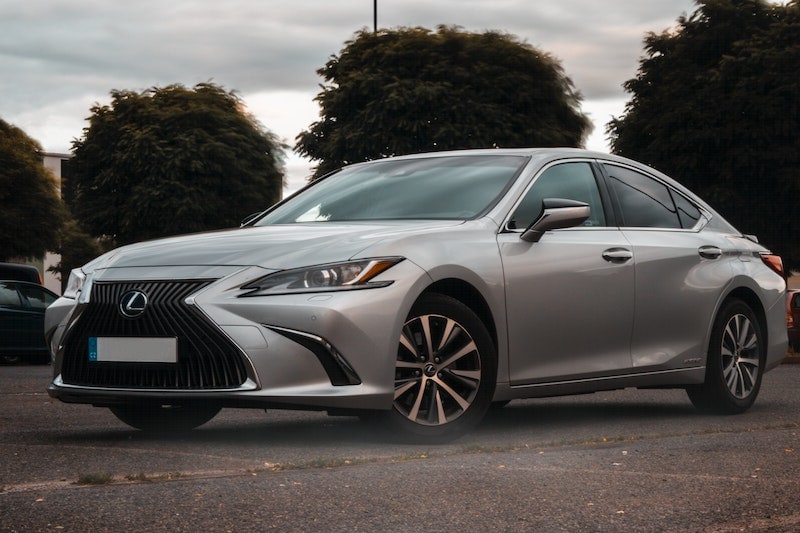
These vehicles combine the fuel efficiency benefits of an electric car with the practicality and performance advantages of a conventional gasoline or diesel car. HEVs use a combination of an internal combustion engine and battery to power the vehicle, which makes them more environmentally friendly than pure electric cars.
Plug-In Hybrid Electric Vehicles (PHEVs)
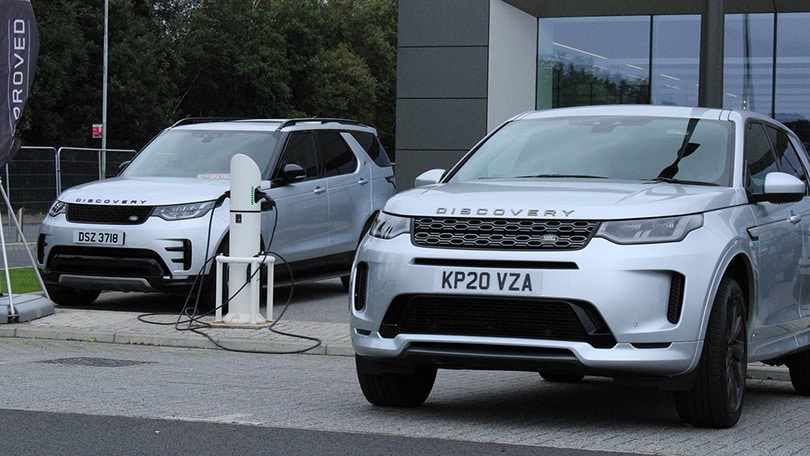
Plug-in hybrid-electric vehicles have both an electric motor and a traditional gasoline or diesel engine. The electricity generated by the batteries is used to power only the motors, letting you drive in all sorts of conventional fuel economy modes while still having access to charging stations that can fill up your battery backup as needed. PHEVs are becoming increasingly popular because they provide good gas mileage without sacrificing range or driving experience in EV mode.
All-Electric Cars
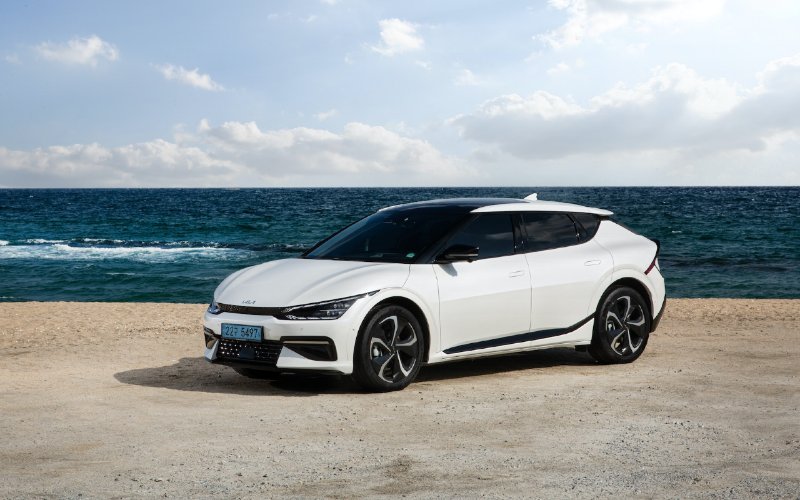
All-electric cars don’t have any kind of internal combustion engine – they’re 100% powered by electricity cells! This means that they offer maximum speed and range compared to other types of electric cars, but there is also some risk associated with these vehicles since there’s no backup system should something go wrong with the battery pack.
Advantages of Electric Cars
One of the biggest benefits of electric cars is that they are much more eco-friendly than traditional cars. Electric cars produce zero emissions, which helps to reduce air pollution and the greenhouse gas effect. Additionally, electric cars are much quieter than traditional cars, which can help to reduce noise pollution.
Electric cars are also much more cost efficient than gasoline-powered cars since you don’t have to buy gas to put in them. However, you do still have to pay to use public charging stations and the energy used at home to charge them will reflect on your energy bill. Electric cars are much cheaper to maintain than traditional cars, as there are fewer parts that need to be replaced.
Another benefit of electric cars is that they are much smoother to drive. The electric motor is designed to be more efficient than traditional gasoline engines, which means that the acceleration and braking are much smoother. This can make driving a more enjoyable experience.

Disadvantages of Electric Cars
There are a few potential disadvantages of electric cars. First, they require more infrastructure than traditional gasoline or diesel-powered vehicles. This means that there will need to be charging stations all across the country in order to accommodate demand – something that concerns many legislators and environmentalists who are worried about local power grids.
Additionally, they are not as efficient as gas or diesel vehicles when it comes to mileage. It takes longer for an electric car to travel the same distance as a typical car using gasoline, and their engines produce less power overall.
Finally, electric cars can be more expensive to maintain than conventional cars due to their higher battery costs. They are also more expensive to purchase (about 37% more) than your typical gas-powered vehicle.
Frequently Asked Questions About Electric Cars
What is the range of an electric car?
The driving range of an electric car depends on a variety of factors, such as the size of the battery, the type of motor, and the driving conditions. On average, electric cars can travel up to 100-500 miles on a single charge, depending on your speed. However, this range can be improved with the use of regenerative braking and other energy-saving measures.
The range of an electric car can also be affected by the type of terrain which the vehicle is driven. If the terrain is hilly, for example, more energy will be used to climb the hills, which will reduce the range of the vehicle. Likewise, if the terrain is flat, the range of the vehicle will be improved.

How long does it take to charge an electric car?
The amount of time it takes to charge an electric car really depends on the type of charger that is being used. If you are using a standard household outlet, it can take up to 8 hours to fully charge a battery (which is why many drivers just charge them overnight). If you’re using a fast-charging station, however, it can take as little as 30 minutes to charge a battery.
The amount of time it takes to charge an electric car also depends on the size of the battery. If the battery is large, it will take longer to charge it than if the battery is small. Additionally, the type of charger that is being used can also affect the amount of time it takes to charge an electric car.
What is the cost of an electric car?
Well, they certainly aren’t cheap. But the cost depends on a variety of factors, such as the type of car, the size of the battery, and the features that are included. Today, you can expect to pay anywhere from $40,000 to $60,000 or more for an electric car. Generally speaking, electric cars tend to be more expensive than traditional cars, as they are a newer technology. However, the cost of electric cars is coming down as more manufacturers enter the market (which means more competition for Tesla) and the technology becomes more advanced.
In addition to the purchase price of the car, there are other costs associated with owning an electric car, such as the cost of charging the battery and the cost of maintenance. Generally speaking, electric cars are much cheaper to run and maintain than traditional cars, as there are fewer parts that need to be replaced.

Are electric cars safe?
Yes, electric cars are safe, at least as much as gas-powered cars. All electric cars are tested to the same safety standards as traditional cars, and they have to meet the same safety regulations. Additionally, electric cars are equipped with a variety of safety features, such as airbags and anti-lock brakes, which help to keep the driver and passengers safe.
Electric cars are also equipped with a number of safety features that are designed to protect the vehicle in the event of an accident. For example, electric cars are equipped with a battery management system, which helps to prevent the battery from overheating in the event of a crash. Additionally, electric cars are equipped with an emergency shut-off switch, which can be used to shut off the power to the vehicle in the event of an emergency.
Are electric cars reliable?
Yes, electric cars are very reliable. The electric motor is designed to be more efficient than traditional gasoline engines, and it has fewer moving parts, which makes it simpler to maintain. Additionally, just like with safety features, these cars are equipped with multiple features that are designed to keep the vehicle running without hiccups.
Electric cars are also much cheaper to maintain than traditional cars, as there are fewer parts that need to be replaced. The battery is the only part of an electric car that needs to be replaced periodically, and this can typically be done in a matter of minutes. Additionally, electric cars don’t require regular oil changes, which can help to save money over the life of the vehicle. It also means that you don’t have to worry about potentially throwing a rod if you forget to change your oil for a few months.

How do you maintain an electric car?
Maintaining an electric car is actually fairly simple and is no more complicated than maintaining a gas-powered vehicle. The only part of the vehicle that needs to be replaced periodically is the battery, which can typically be done in a matter of minutes.
It’s also important to keep the electric car’s battery charged. The battery should be charged at least once a month to ensure that it is performing optimally. Additionally, it’s important to keep the electric car’s charging station clean and free of debris to ensure that it is functioning properly.
What is the maximum distance I can drive with a single charge with an EV?
It depends on the type of EV. For example, Plug-in hybrids can drive between 10-55 miles on electricity and then switch to gasoline. They can then go about 250-300 miles depending on how big the fuel tank is. Current electric vehicles can travel approximately 250-300 miles per charge; some such as Teslas can go about 350 miles. Currently, many EV automakers are working to bring electric vehicles to market that have a longer range and faster charging.
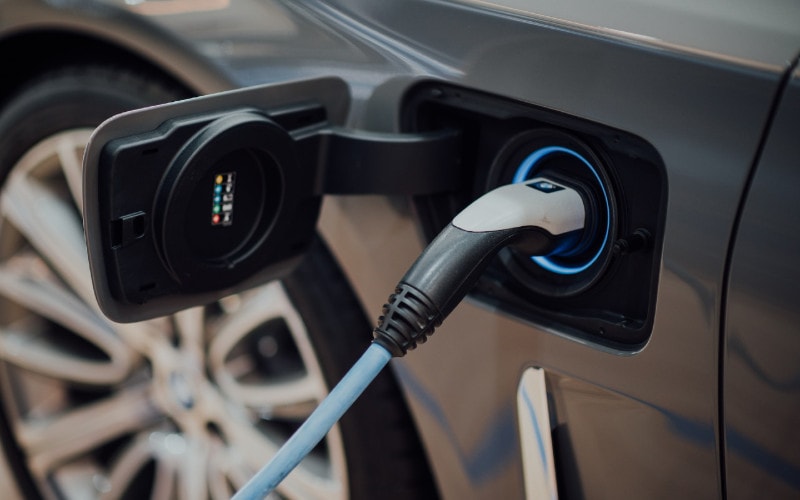
Do electric cars qualify for tax rebates or government rebates?
Yes, they do. You can find additional information about federal and state rebates and tax breaks as well as other incentives on your state or city governing body’s website. You can also look at your vehicle’s paperwork to see what rebates it’ll qualify for.
What happens to the battery if it dies in an electric car?
Like with the battery of a gas-powered car, the battery will need to be removed and replaced with a new one. Although batteries can be recycled, there are still many things to learn about recycling lithium-ion batteries used in plug-in electric cars. The batteries in these cars are built to last 15 to 20 years or 100,000 to 200,000 miles – whichever comes first.
Do EVs cause pollution? If so, how much?
Yes, they do. Pollution can be caused by the manufacturing of parts and components for any vehicle type. It’s impossible to analyze the pollution generated by every vehicle type over its entire lifecycle. However, a study on these cars showed that EVs produce more emissions than gasoline-powered vehicles because of the high energy required to make batteries. That being stated, electric cars produce only half as many emissions over their lives as their gas-powered counterparts – something worth noting. Electric vehicles produce less tailpipe emissions than gasoline, so overall emissions are lower.
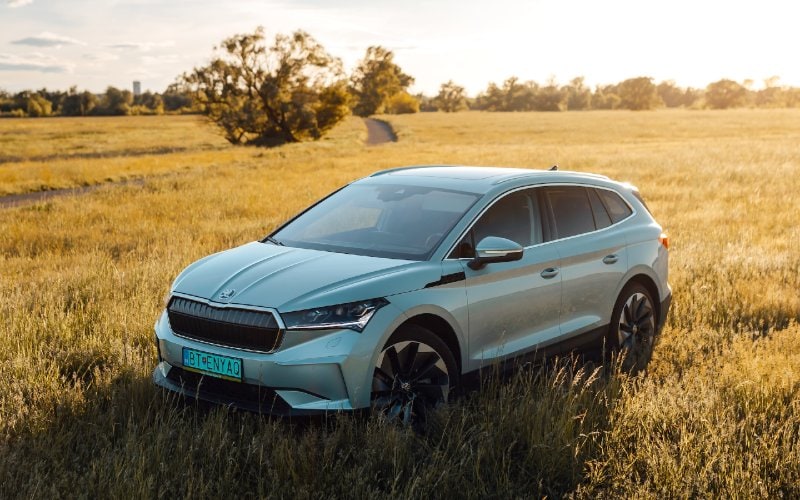
What is the best way to pay for electric car charging?
The electricity consumed by your EV when charging at home will simply be added to your electric bills. Public charging is paid differently. You can pay for public charging by either card or app. Alternatively, your monthly charges are billed on a subscription or contract basis.
Conclusion
Electric cars are becoming increasingly popular as more and more people are looking to switch to greener and more eco-friendly vehicles. With their many benefits and the increasing availability of charging stations, electric cars are quickly becoming a viable option for many people. And as much as some people don’t like the thought of driving them, they are becoming the future.
So, if you’re considering switching to an electric car, it’s important to do your research and make sure that you understand how they work and the various costs associated with owning one. With the right knowledge and research, you can make an informed decision about whether an electric car is right for you.
- 10 Facts About Electric Cars| Bankrate
- Electric Cars 101: What You Need to Know About EVs – Kelley Blue Book
- Electric Cars 101: Answers to Your EV Questions – Consumer Reports
- Explaining Electric & Plug-In Hybrid Electric Vehicles | US EPA
- Electric Car Overview | DriveClean
- Electric Cars | Cars.com
- Best Electric Cars – Top Rated Electric Car Models
- What Are Electric Cars? | Union of Concerned Scientists
- Types of Electric Vehicles: BEVs, PHEVs, HEVs – What’s the Difference?
- Electric car – Wikipedia
- Top 10 Electric Car Frequently Asked Questions | HowStuffWorks
- EV FAQs: All Your Questions Answered About Electric Cars – Forbes Wheels
See also:
Featured Image Credit: Martin Katler, Unsplash
Contents



